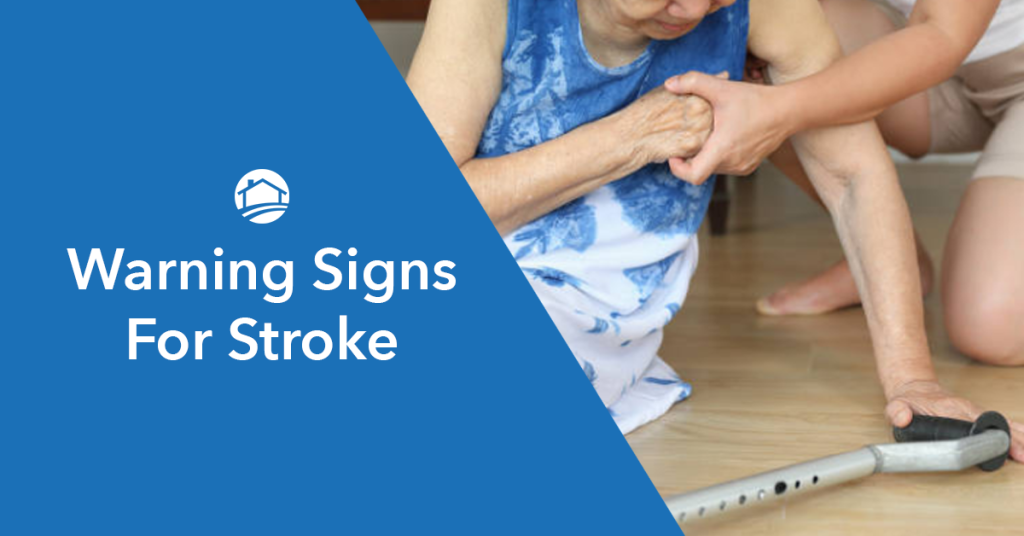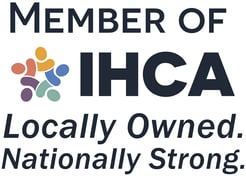A stroke occurs when blood cannot reach the brain, preventing brain tissue from getting the oxygen and nutrients necessary for its survival. Within minutes of suffering from a stroke, a person’s brain cells begin to die, which is why it is extremely important that proper steps be taken to get your loved one help fast. Keep reading to learn more about not only the top warning signs for strokes but also preventative measures you can take to reduce your senior’s risk.
Risk Factors
According to the American Stroke Association, a person’s risk of stroke doubles every ten years after a person turns 55. Women and African Americans are more likely than men and Caucasians to suffer from a stroke. Though such factors are beyond our control, high blood pressure, diabetes, and obesity can also increase you or your client’s risk of stroke. Diets high in cholesterol and saturated fat and unhealthy habits such as smoking and sedentary lifestyles can also play a role in increasing someone’s likelihood of becoming a stroke victim.
Signs of Stroke
As Caregivers, you know how important it is to always remain alert and aware of changes in your client’s physical and mental behavior. We encourage you to use the following acronym to remember the most common signs and stages of a stroke so that you can help your senior get help FAST.
F — Facial drooping. Half of your senior’s face may feel numb. Look for uneven smiles!
A — Arm weakness. Can your senior hold both arms above his or her head? One or both arms may droop down during a stroke.
S — Speech troubles. Do you notice slurred speech? Your client may be unable to repeat even simple words.
T — Time to call 911. The faster you can get help, the less damage the stroke can cause.
In addition to these signs and symptoms, also be on the lookout for:
- Numbness (not limited to the face)
- Confusion
- Vision problems
- Dizziness
- Trouble walking
- Severe headaches
What Can You Do?
It is extremely important that you call 911 immediately if you notice any of the above signs or symptoms. The faster someone receives help, the less likely they are to experience severe long-term effects. In addition, encourage your seniors to practice healthy and active lifestyles. You just may save a life!
For more information on stroke signs and prevention, check out our Who We Help page.
- Public Health in the Age of COVID - September 15, 2021
- World Elder Abuse Day June 15, 2021 - June 28, 2021
- World Elder Abuse Day - June 15, 2021



